Bleach is a powerful cleaning agent that is commonly used in households for its ability to remove tough stains and disinfect surfaces. It is made up of a chemical compound called sodium hypochlorite, which is known for its strong bleaching properties. When it comes to cleaning your kitchen sink, bleach can be very effective in removing stubborn stains and killing bacteria that may be lurking in the drain. Simply pour a small amount of bleach down the drain and let it sit for a few minutes before rinsing it out with water. This will not only help to keep your kitchen sink clean, but it will also help to prevent any unpleasant odors from developing. However, it is important to use bleach carefully as it can be harmful if ingested or comes into contact with your skin. Always wear gloves and protective eyewear when handling bleach and make sure to properly dilute it according to the instructions on the label.Bleach
Baking soda is another versatile cleaning agent that can be found in most households. Not only is it an effective deodorizer, but it also has mild abrasive properties which make it great for scrubbing away stains and grime in the kitchen sink. To use baking soda to clean your kitchen sink, simply sprinkle a generous amount on the surface and scrub it with a damp sponge or cloth. For tougher stains, you can create a paste by mixing baking soda with a small amount of water and letting it sit on the stain for a few minutes before scrubbing it away. Baking soda is also safe to use on all types of sink materials, making it a great all-around cleaning agent for your kitchen.Baking Soda
Vinegar is another common household item that can be used as a natural cleaning agent. Its acidic properties make it effective in cutting through grease and grime, making it a great option for cleaning your kitchen sink. You can use vinegar in a variety of ways to clean your kitchen sink. For daily maintenance, you can mix equal parts vinegar and water in a spray bottle and use it to wipe down the sink surface. For tougher stains, you can pour undiluted vinegar onto the stain and let it sit for a few minutes before scrubbing it away. Vinegar also has antibacterial properties, making it a safe and natural option for disinfecting your kitchen sink.Vinegar
If you're looking for a natural alternative to vinegar, lemon juice is a great option. It contains citric acid, which has similar cleaning properties to vinegar but with a more pleasant scent. You can use lemon juice in the same way as vinegar, by mixing it with water or using it undiluted on tough stains. You can also cut a lemon in half and use it as a natural scrubber for your sink, adding an extra burst of freshness to your cleaning routine.Lemon Juice
While dish soap may seem like a basic cleaning agent, it is actually quite effective in cutting through grease and grime in the kitchen sink. Its concentrated formula makes it great for removing stubborn stains and leaving your sink sparkling clean. To use dish soap, simply add a small amount to a damp sponge or cloth and scrub the sink surface. You can also mix it with warm water and use it to soak your sink for a deeper clean. Just be sure to rinse the sink thoroughly with water after using dish soap to prevent any residue from building up.Dish Soap
Borax is a natural mineral compound that is often used as a laundry booster, but it also has powerful cleaning properties that make it great for cleaning your kitchen sink. To use borax, mix a small amount with warm water to create a paste and use it to scrub the sink surface. You can also sprinkle a small amount of borax onto a damp sponge or cloth and use it to wipe down the sink. Just be sure to rinse the sink thoroughly after using borax to prevent any residue from building up.Borax
Ammonia is a strong cleaning agent that is commonly used in commercial cleaning products. It is great for cutting through tough grease and grime, making it a great option for cleaning your kitchen sink. To use ammonia, mix a small amount with warm water and use it to scrub the sink surface. You can also mix it with baking soda to create a paste for tougher stains. Just be sure to use ammonia in a well-ventilated area and avoid mixing it with other cleaning products, as it can create dangerous fumes.Ammonia
Hydrogen peroxide is a mild antiseptic that is commonly used for cleaning and disinfecting wounds, but it can also be used as a cleaning agent for your kitchen sink. To use hydrogen peroxide, mix equal parts with water and use it to scrub the sink surface. You can also let it sit on tough stains for a few minutes before scrubbing it away. Just be sure to wear gloves when handling hydrogen peroxide and avoid mixing it with other cleaning products.Hydrogen Peroxide
Citric acid is a natural cleaning agent that is commonly found in citrus fruits. It has similar properties to vinegar and lemon juice, making it an effective option for cleaning your kitchen sink. To use citric acid, mix it with warm water and use it to scrub the sink surface. You can also use it to soak your sink for a deeper clean. Just be sure to rinse the sink thoroughly after using citric acid to prevent any residue from building up.Citric Acid
Unlike chlorine bleach, oxygen bleach is a gentler and more environmentally-friendly option for cleaning your kitchen sink. It contains sodium percarbonate, which breaks down into hydrogen peroxide when mixed with water. To use oxygen bleach, mix a small amount with warm water and use it to scrub the sink surface. You can also let it sit on tough stains for a few minutes before scrubbing it away. Just be sure to wear gloves when handling oxygen bleach and avoid using it on colored sinks, as it may cause fading.Oxygen Bleach
A Clean Kitchen Sink is Key to a Beautiful House Design

Why a Clean Kitchen Sink is Important
 Keeping a clean kitchen sink is essential not only for maintaining a hygienic environment but also for achieving a beautiful house design. The kitchen sink is one of the most frequently used areas in a house, and it can easily become a breeding ground for bacteria and germs if not cleaned regularly. Not only does a dirty sink look unpleasant, but it can also lead to unpleasant odors and potential health hazards. Therefore, using the right
cleaning agent for the kitchen sink
is crucial in maintaining a clean and well-designed kitchen.
Keeping a clean kitchen sink is essential not only for maintaining a hygienic environment but also for achieving a beautiful house design. The kitchen sink is one of the most frequently used areas in a house, and it can easily become a breeding ground for bacteria and germs if not cleaned regularly. Not only does a dirty sink look unpleasant, but it can also lead to unpleasant odors and potential health hazards. Therefore, using the right
cleaning agent for the kitchen sink
is crucial in maintaining a clean and well-designed kitchen.
The Best Cleaning Agent for Your Kitchen Sink
 When it comes to choosing the right cleaning agent for your kitchen sink, there are various options available in the market. However, not all of them are effective in removing tough stains and killing germs. It is essential to look for a
professional and well-organized
cleaning agent that is specifically designed for kitchen sinks. Look for products that are
SEO-optimized
and contain natural ingredients, as they are not only safe but also environmentally friendly.
When it comes to choosing the right cleaning agent for your kitchen sink, there are various options available in the market. However, not all of them are effective in removing tough stains and killing germs. It is essential to look for a
professional and well-organized
cleaning agent that is specifically designed for kitchen sinks. Look for products that are
SEO-optimized
and contain natural ingredients, as they are not only safe but also environmentally friendly.
The Benefits of a Clean Kitchen Sink
 Using the right cleaning agent for your kitchen sink can bring numerous benefits to your house design. Firstly, a
clean kitchen sink
creates a positive and inviting atmosphere, making your kitchen a more pleasant place to work in. Secondly, it prevents the growth of harmful bacteria and germs, promoting a healthier living environment for you and your family. Additionally, a clean kitchen sink can also prevent clogging and prolong the lifespan of your sink, saving you from expensive repairs or replacements in the long run.
Using the right cleaning agent for your kitchen sink can bring numerous benefits to your house design. Firstly, a
clean kitchen sink
creates a positive and inviting atmosphere, making your kitchen a more pleasant place to work in. Secondly, it prevents the growth of harmful bacteria and germs, promoting a healthier living environment for you and your family. Additionally, a clean kitchen sink can also prevent clogging and prolong the lifespan of your sink, saving you from expensive repairs or replacements in the long run.
Conclusion
 In conclusion, a clean kitchen sink is crucial for both maintaining a hygienic environment and achieving a beautiful house design. Investing in a
quality cleaning agent
for your kitchen sink is a small but significant step towards creating a clean and inviting kitchen. So, make sure to choose a product that is not only
SEO-optimized
and made with natural ingredients but also effective in removing tough stains and killing germs. With a clean kitchen sink, you can enjoy a healthier and more aesthetically pleasing living space.
In conclusion, a clean kitchen sink is crucial for both maintaining a hygienic environment and achieving a beautiful house design. Investing in a
quality cleaning agent
for your kitchen sink is a small but significant step towards creating a clean and inviting kitchen. So, make sure to choose a product that is not only
SEO-optimized
and made with natural ingredients but also effective in removing tough stains and killing germs. With a clean kitchen sink, you can enjoy a healthier and more aesthetically pleasing living space.













:max_bytes(150000):strip_icc()/Baking-Soda-vs-Baking-Powder-FT-BLOG0622-f9d1ee8b0b854866944881eb4d25b594.jpg)

















/BoraxCrystal-58dad3a35f9b584683a9f182.jpg)


:max_bytes(150000):strip_icc()/borax-laundry-booster-1387922-09-e64153ec40ab48368e8b176e11f10ed0-e4c89f82163b4529bd6197822298d458.jpeg)












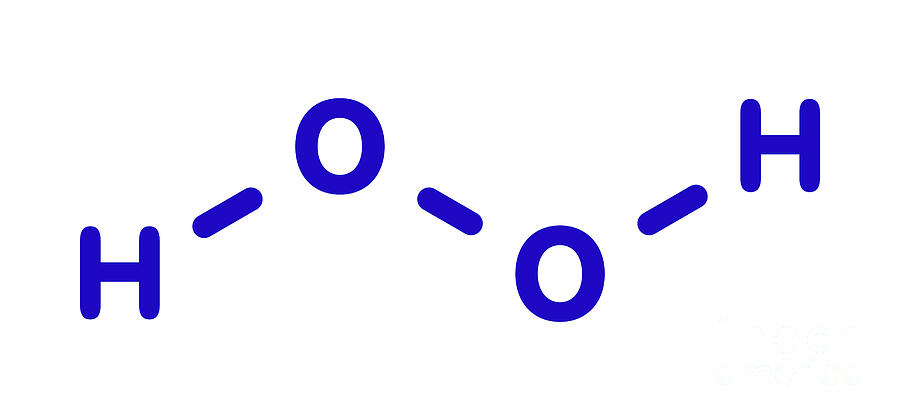

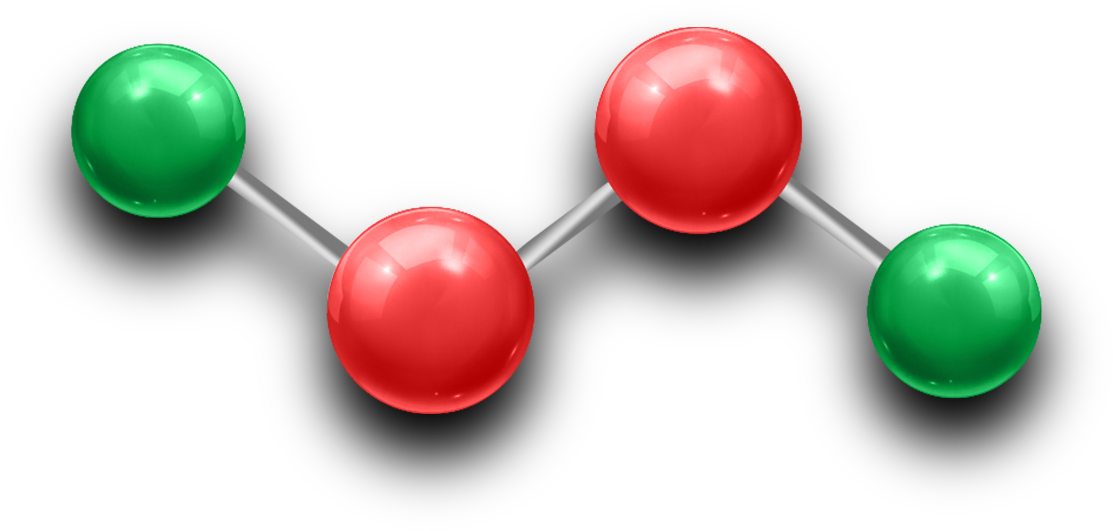

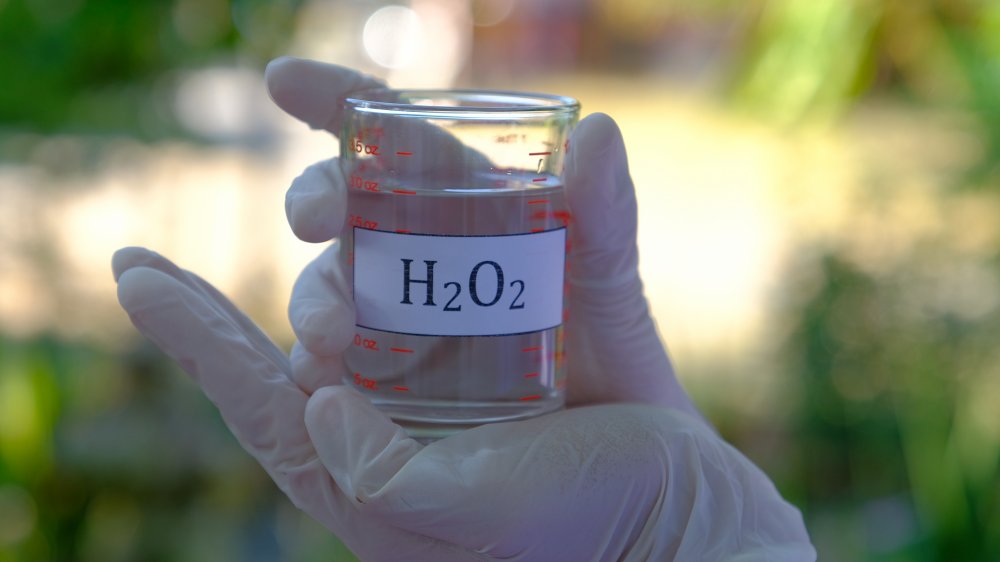










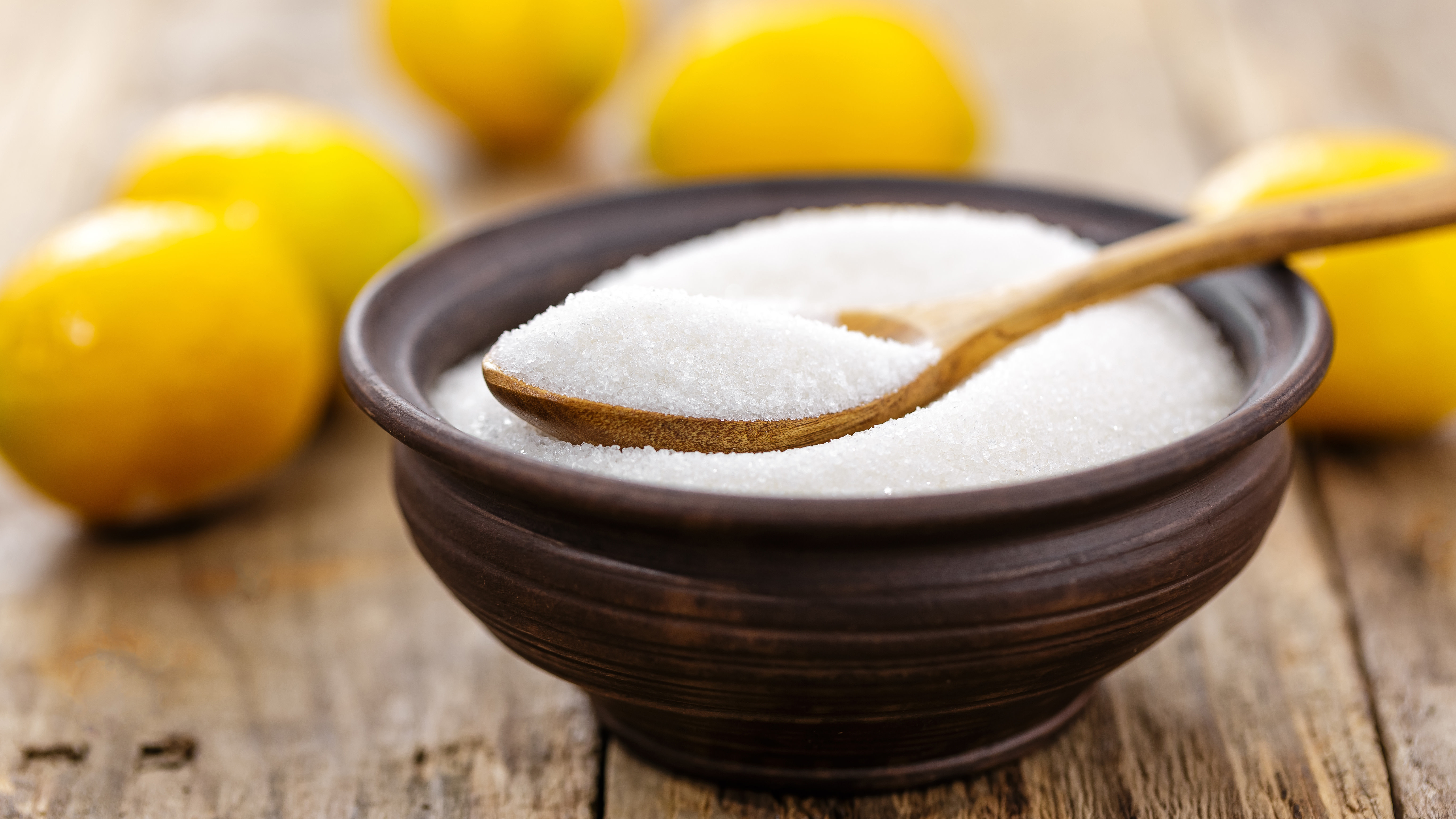

/Citric-acid-GettyImages-535858824-58c9523a5f9b58af5c6bd584.jpg)
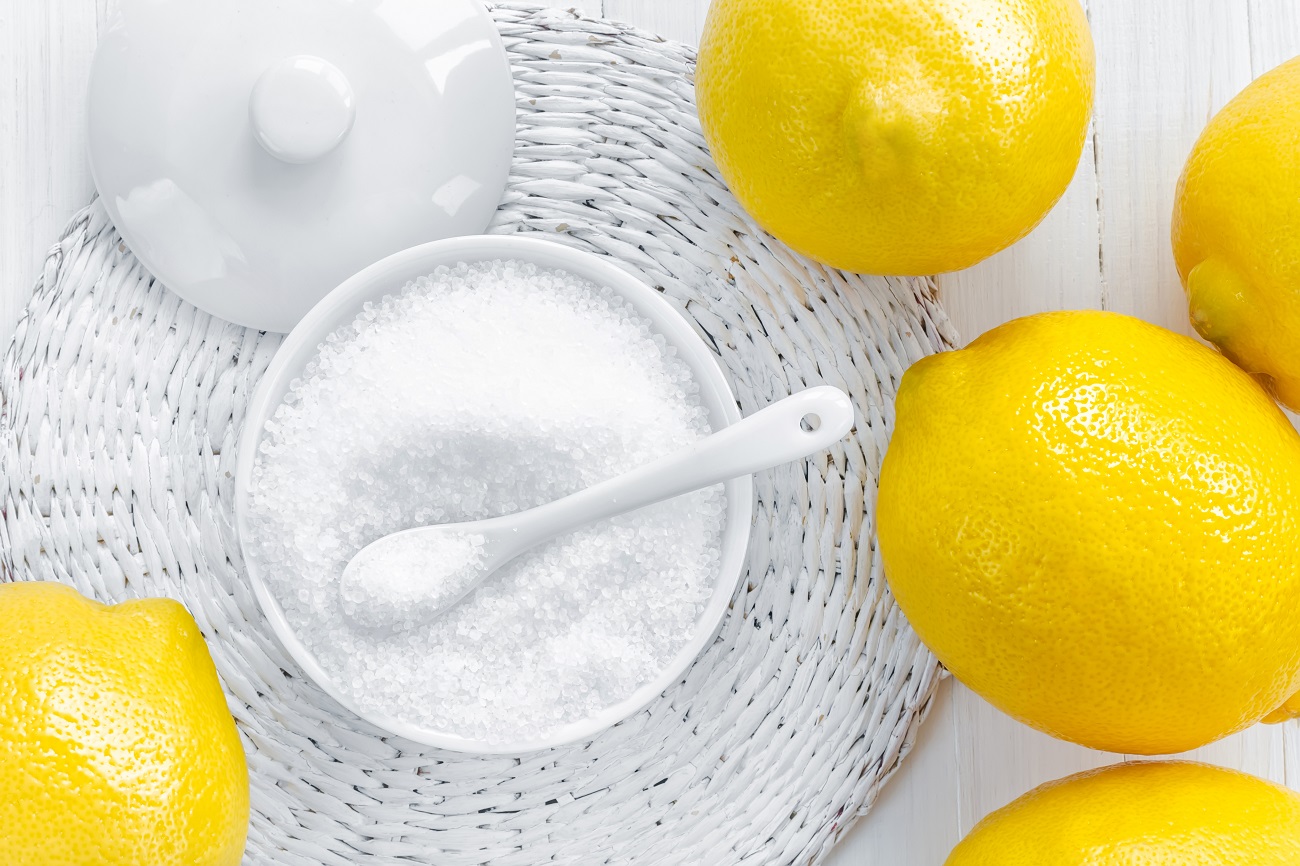



/oxygen-bleach-large-588cb1633df78caebc7f3e60.jpg)
/OxygenBleachTypes-5a550376da27150037fd295c.jpg)




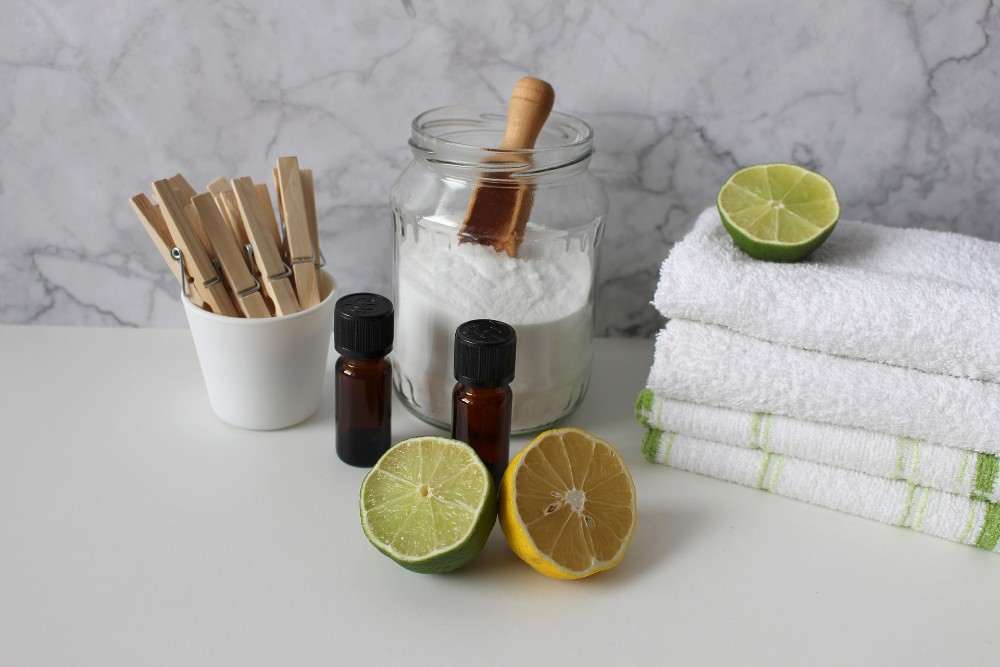
:max_bytes(150000):strip_icc()/how-to-use-oxygen-bleach-2146373-03-3706db01104a4c84a588e24cdc250111.jpg)






